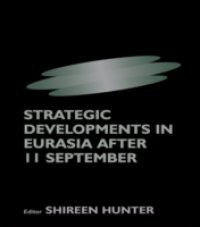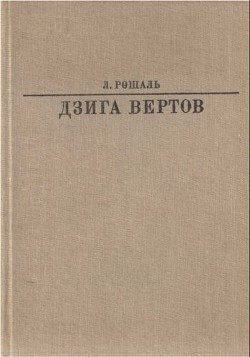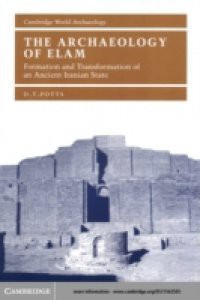Presenting the views of leading experts on strategic considerations in Eurasia, this volume shows that the 11 September attacks and subsequent developments have affected the way in which international relations are evaluated. In addition, these developments have turned the concept of asymmetric threats, including large-scale international terrorist attacks, into genuine realistic dangers threatening our security. As a result, the conventional mindset over issues of war and peace, of existing alliances and partnerships, even of the character of the international system has to be re-evaulated. This volume sheds light on the aspects of change that have taken place in the post-11 September evolution of international relations in Eurasia.




 8.19 (163)
8.19 (163) 

















